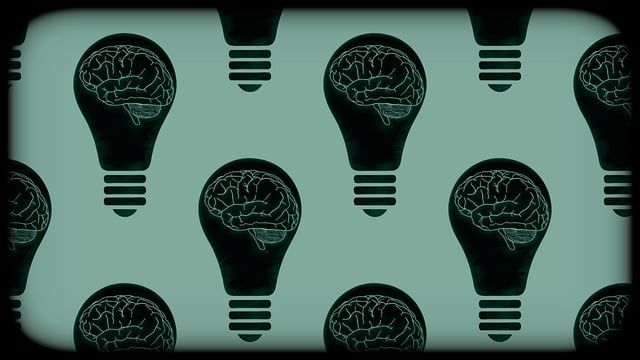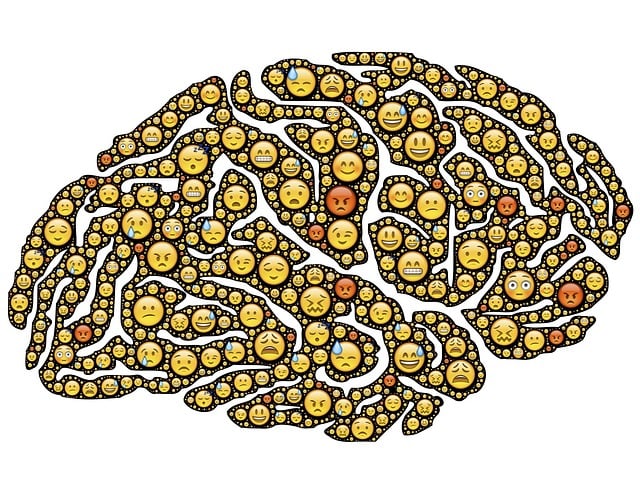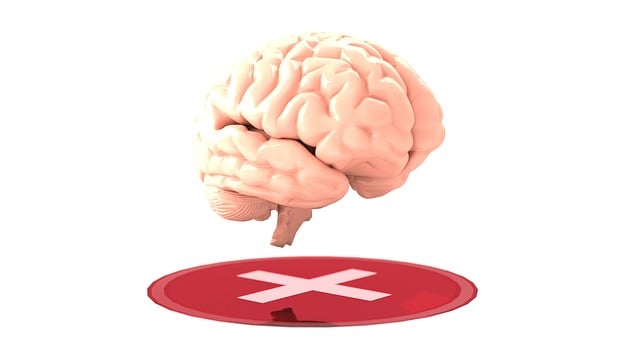Mental health crisis hotlines (24/7) provide vital support and guidance for acute emotional distress, including suicide prevention and psychotic episode management, especially crucial for children. With growing recognition of mental health as a societal issue, online therapy serves as a game-changer, offering accessible and flexible alternatives to traditional sessions. Digital platforms empower young individuals with self-care tools and crisis intervention tailored to their needs, fostering improved wellness and burnout prevention strategies. Effective access involves understanding how to reach dedicated hotlines or online counseling sessions, with detailed guidance available for both adults and children. Well-trained staff integrated with technology enhance support accessibility, promoting healing environments and inner strength development through peer networks and self-care practices.
“In times of mental health crises, quick access to support can make all the difference. Mental Health Crisis Hotline support services serve as a crucial lifeline, offering immediate assistance and guidance. This article explores the multifaceted role of these helplines in communities today. We delve into understanding their importance, particularly for children’s mental wellbeing, with a focus on online therapy as an accessible solution. By examining access strategies and empowering helplines with expert training, we highlight effective crisis support systems.”
- Understanding Mental Health Crisis Hotlines: A Lifeline for Many
- The Role of Online Therapy in Supporting Children's Mental Wellbeing
- Accessing Crisis Support: How to Reach These Services Effectively
- Training and Resources: Empowering Helplines with Expertise
Understanding Mental Health Crisis Hotlines: A Lifeline for Many

Mental health crisis hotline support services act as a lifeline for individuals facing acute emotional distress or mental health crises. These 24/7 resources provide immediate access to trained professionals who offer guidance, support, and referral services. Hotlines are particularly crucial for those who may not have easy access to traditional therapy, including children in need of online therapy solutions. With the increasing recognition of mental health as a societal issue, many countries have implemented Mental Health Policy Analysis and Advocacy initiatives to improve hotline accessibility and quality of care.
These services cater to a diverse range of concerns, from suicide prevention to managing psychotic episodes, offering a safe space for individuals to express their feelings without judgment. They serve as an entry point into the mental health system, facilitating connections with local therapists, support groups, or crisis intervention programs. Additionally, Self-Care Routine Development for Better Mental Health is often promoted by hotline staff, empowering users to take proactive steps towards wellness.
The Role of Online Therapy in Supporting Children's Mental Wellbeing

In today’s digital era, online therapy has emerged as a powerful tool to support children’s mental wellbeing, offering accessible and flexible alternatives to traditional face-to-face sessions. This form of therapy allows young individuals to connect with trained professionals from the comfort of their homes, removing barriers such as transportation or scheduling constraints that often hinder regular attendance. With the increasing popularity of online therapy platforms, more children have access to essential mental health care, fostering improved mental wellness and burnout prevention strategies.
The integration of online therapy in child mental healthcare provides crisis intervention guidance tailored to each child’s unique needs. Through video conferencing, live chat, or phone calls, therapists can offer immediate support during times of distress, teaching coping mechanisms and promoting resilience. Furthermore, digital platforms often incorporate interactive features like educational resources, self-help tools, and even mental wellness podcast series production, empowering children with the skills to manage their emotional well-being independently.
Accessing Crisis Support: How to Reach These Services Effectively

Reaching out for crisis support is a crucial step towards healing and recovery. Many services offer confidential and accessible options for individuals in distress, including dedicated hotlines and online therapy platforms. These resources are designed to provide immediate assistance and connect people with professional help tailored to their needs. For those seeking therapy for children, there are specialized services available that employ empathy-building strategies to create a safe and supportive environment.
Effective access involves understanding the various ways to reach out, such as dialing specific hotline numbers or utilizing online platforms offering remote counseling sessions. Websites often provide detailed information on how to initiate a conversation with a mental health professional. Additionally, many services emphasize the importance of coping skills development and burnout prevention through interactive tools and resources accessible from the comfort of one’s home.
Training and Resources: Empowering Helplines with Expertise

Mental health crisis hotline support services are only as effective as the training and resources behind them. Empowering helpline staff with expertise in mental wellness and trauma support services is paramount. This includes specialized training on recognizing and addressing a range of mental health issues, from anxiety and depression to more severe conditions like PTSD. Online therapy platforms play a significant role in this, offering accessible tools for both helpline operators and users, particularly those who may face barriers to accessing traditional in-person therapy. By integrating advanced technology with human connection, these services bridge the gap, ensuring that anyone in need can receive the support they require.
Beyond technical skills, fostering a culture of inner strength development is crucial. Helpline staff must be equipped to handle emotional challenges while maintaining their own mental wellness. Resources like peer support networks, regular training sessions, and self-care practices help operators build resilience. This not only benefits them but also improves the quality of service they provide. Ultimately, well-trained and supported helpline staff are better able to connect individuals in crisis with appropriate resources, fostering a more supportive and healing environment for all.
Mental health crisis hotline support services play a pivotal role in offering immediate assistance and guidance during intense moments. With the increasing accessibility of online therapy, children now have additional resources available, ensuring they receive the necessary care regardless of location or circumstances. Effective access to these services, coupled with comprehensive training and resources, empowers helplines to better assist those in crisis. By embracing innovative solutions like online therapy, we can ensure that more individuals, especially children, have access to the mental health support they deserve.









